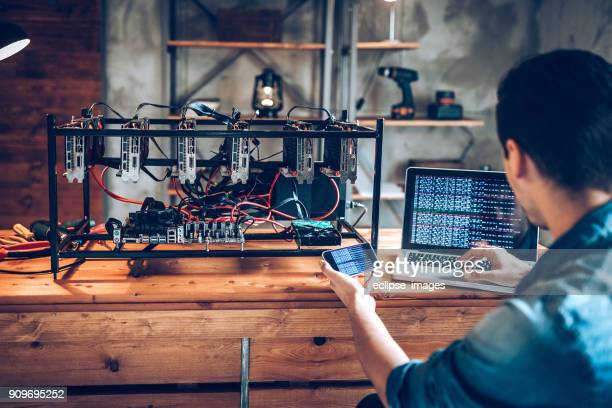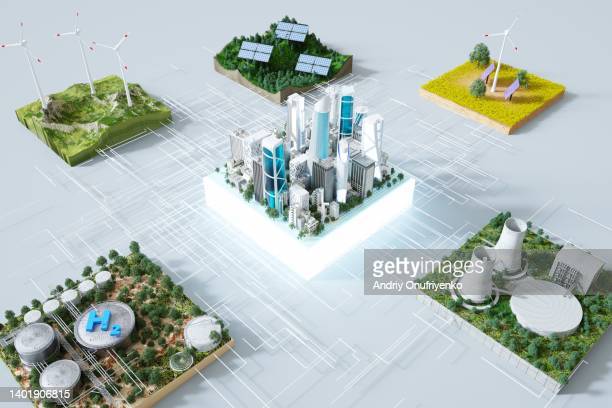
The energy consumption of the crypto industry, particularly in the form of mining, has gained significant attention due to its high energy consumption and carbon footprint. While the industry's energy consumption is relatively small compared to other sectors, a holistic approach that considers all sectors is essential to address the climate crisis.

Sustainable and green technology are essential for achieving a more sustainable future. It involves the adoption of renewable energy sources, sustainable agriculture, green building and infrastructure, and waste reduction and management. By promoting the benefits of green technology, overcoming the challenges to its adoption, and collaborating across sectors, we can achieve a more sustainable and prosperous future for all.

Data centers are an essential component of the digital age, providing the infrastructure needed to store and process vast amounts of data. However, as the demand for high-performance computing continues to grow, data centers are becoming increasingly energy and water-intensive. In particular, the cooling systems used to dissipate the heat generated by the servers in a data center can consume vast amounts of water, particularly in areas where water resources are scarce.

"Sustainability 101" refers to an introductory level of education and understanding about the principles and practices of sustainability. It covers the basic concepts, strategies, and tools used to achieve a sustainable future, such as reducing waste, conserving resources, and promoting social and economic justice.
The goal of Sustainability 101 is to provide a foundation of knowledge and skills to individuals, businesses, and communities that are new to sustainability or seeking to deepen their understanding of sustainable practices. It may include topics such as climate change, renewable energy, sustainable agriculture, green building, and waste reduction.




